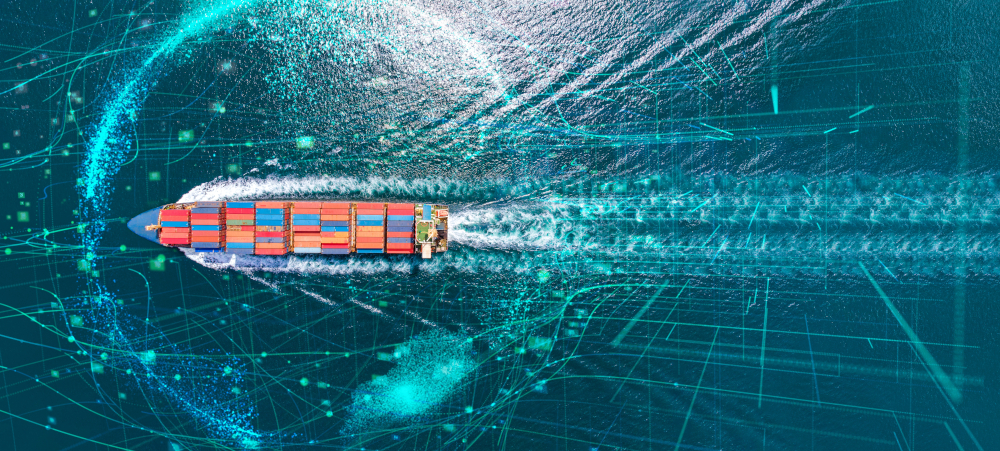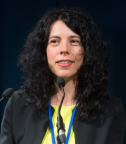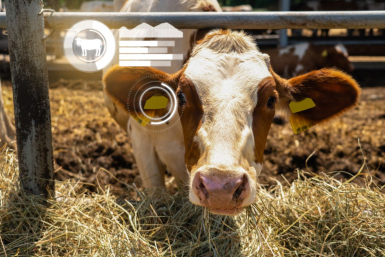

The One Sea Association and the European Space Agency (ESA) have signed a Memorandum of Intent (MoI) to support the uptake of autonomous shipping in the maritime sector, underpinned by space solutions.
One Sea and ESA have decided to establish a strategic collaboration to promote the development of new space-enabled services which will support the maritime sector’s transition towards autonomous shipping. Autonomous shipping offers new opportunities to deploy safe, commercially viable, and environmentally sustainable maritime operations.
Satellite communications and satellite navigation play a key role in the adoption of autonomous shipping technologies and operations. During offshore passages, ships are often further from land than satellites which can offer invaluable secure and resilient communication channels for monitoring, command, and control of autonomous ships. Furthermore, in ports and congested areas, high precision Position Navigation and Timing (PNT) provided by satellites is also critical for the safe operation of autonomous shipping.
This new partnership will combine One Sea’s unique expertise in the maritime sector and in autonomous shipping with ESA’s technical competence and mandate through the Business Applications and Space Solutions programme to support the development and demonstration of space solutions in addressing user needs.

Sinikka Hartonen, Secretary General of One Sea Association, said: "We are thrilled about the possibility to collaborate with ESA. We are looking forward to finding ways to jointly support the development of safe and sustainable maritime transport".

Rita Rinaldo, Head of Business Applications Projects and Studies Implementation Division, said "ESA is keen to kick-off the work with One Sea Association and its members to strengthen the development and adoption of space solutions as enabler of digital and autonomous shipping, accelerating the sustainable transformation of the maritime sector".
ABOUT ONE SEA
The One Sea Association is a high-profile, non-profit global alliance of leading commercial manufacturers, integrators and operators of maritime technology, digital solutions, and automated and autonomous systems.
One Sea promotes the implementation and creation of conditions needed for an automated and autonomous maritime transport system. The association engages in the development of the international legal framework and participates in the standardization work.
ABOUT ESA BUSINESS APPLICATIONS SPACE SOLUTIONS
ESA Business Applications Space Solutions is the go-to place for great business ideas involving space in all areas of society and economy. Our mission is to support entrepreneurs in Europe in the development of business using satellite applications and space technology to improve everyday life delivering environmental and societal benefits.
Posted to Hero article section
No







